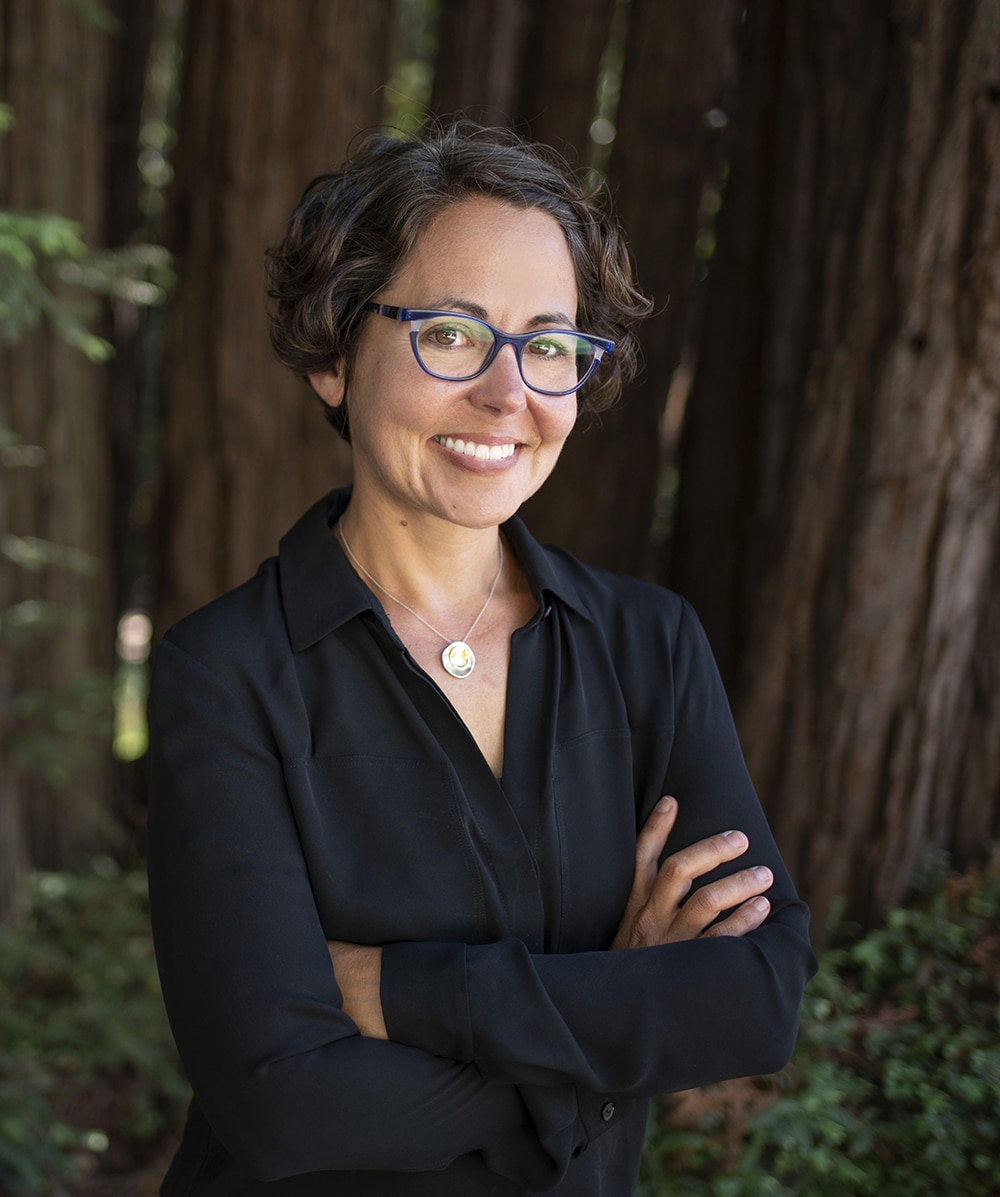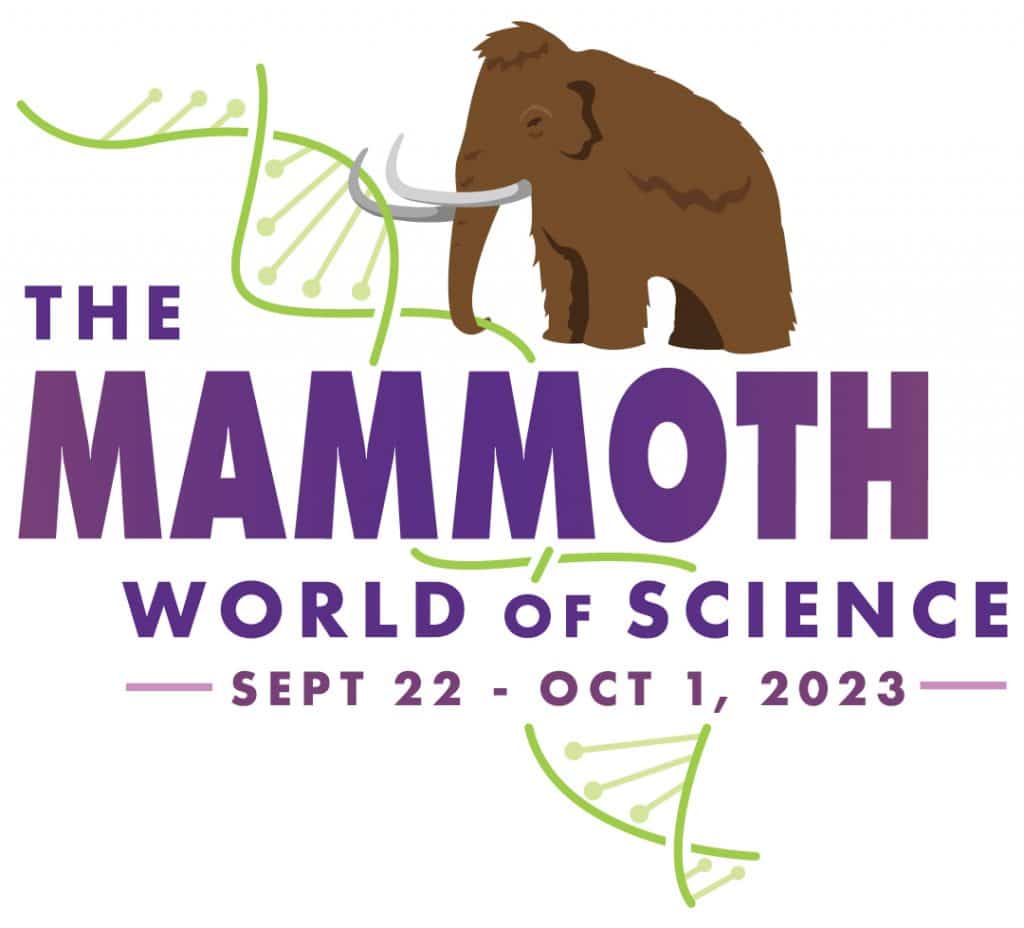By Chrissina Burke, associate teaching professor in the Department of Anthropology
The Flagstaff Festival of Science’s mission is to “connect and inspire the people of northern Arizona, especially youth, with the wonders of science and the joy of scientific discovery.” Now celebrating our 34th year, the festival is the longest-running free science festival in the United States. The festival is a 10-day program fondly referred to as “The Best 10 Days of the Year,” which consists of approximately 100 science-based experiences. Fairs, field trips, open houses at museums, research stations, observatories and national parks, guided hikes, interactive displays, presentations and workshops make up the festival’s programming.
The Festival of Science brings both public-facing and private institutions together to share their projects and discoveries with the public. The overall mission for the festival is to promote the joy of discovery and accessibility to science, for the entire community, and that is achieved through the careful coordination of numerous science venues and projects to create a cohesive event for the public to enjoy. Many of the festival’s dozens of programs include direct, hands-on, experiential learning, highlighting STEAM concepts. Experiential activities tie together science processes and concepts that may be difficult to learn in a presentation format. Participation in festival workshops and tours results in active STEAM engagement and lifelong science literacy, curiosity and activism. These activities are carefully designed to intrigue and teach kids about STEAM subjects and careers—some at specific grade levels and some in a multigenerational setting.

Shapiro is a Rhodes Scholar, winner of a McArthur Fellowship and National Geographic Explorer. She is professor of ecology and evolutionary biology at UC Santa Cruz, director of the UCSC Paleogenomics Lab and a Howard Hughes Medical Institute Investigator.
Shapiro travels extensively through the Arctic regions of Siberia and North America, where she collects the bones, teeth and other remains of extinct species. She extracts DNA from these remains and uses this information to understand how climate change and humans have had an impact on the distribution of living species—and whether bringing extinct species back to life could help save them.
“We are so excited to kick off the 34th annual Flagstaff Festival of Science with evolutionary biologist Dr. Beth Shapiro,” said Sherry Shaffer, Festival Board president. “We are honored to bring a scientist of her caliber to our community.” The W. L. Gore & Associates Keynote Presentation takes place at NAU’s Ardrey Auditorium on Friday, Sept. 22.
Tickets are now available for reservation to the keynote and other programs. All events are free to the public, but tickets must be reserved for certain programs.
Check out these NAU-affiliated events!
- NAU Robotics Workshop: An interactive experience to learn about robots!
3 p.m. Sept. 23 at the NAU Engineering Building, Room 224 - The Science of Beer
5 p.m. Sept. 27 at Mother Road Brewery - SCI Talks Presented by Mammoth (in person and virtual)
6:30 p.m. Sept. 29 at the Coconino Center for the Arts
For more information about the Flagstaff Festival of Science or to find a full schedule, visit www.scifest.org, download the App from your app store or follow on social media.
NAU faculty presenting include:
- Corina Kellner – The Ancient Peru: Diet, Migration, and Llamas
- Cristina Thomas – NAU Research Spotlight – The Double Asteroid Redirection Test: A Crash Course in Planetary Defense
- Devon Randall – The Science of Beer (joined by Andy Koppisch, Emily Cope and David John)
- Duan Biggs – The Complexities of Co-Existing with Carnivores: A Global Perspective (joined by post-doctoral scholar Alex Braczcowski and graduate student Emily Renn)
- Emily Dale – Historical Archaeology Tour of Apex, Arizona (joined by graduate student Timothy Maddock)
- Esraa Abedelkader – Climate Fresk Workshops – card game to teach participants about climate change.
- Ines Montano – SCI Talks – Quantum Physics
- Bobby Long – SCI Talks – Out of Sight, Out of Mind
- Jane Marks – Science-Telling Through Story from NAU’s Center for Ecosystem Science and Society (ECOSS)
- Justin Lund – The Ethics of Ancient DNA Research
- Nicole Walker – Writing About Science
- Zachary Lerner – NAU Robotics Workshop: An Interactive Experience to Learn about Robots!
- Chrissina Burke – Animal Bones! Identifying Different Bones and Animals Workshop (joined by graduate student Magen Hodapp)
- Monica Brown– Science Bedtime Stories: Sharuko



